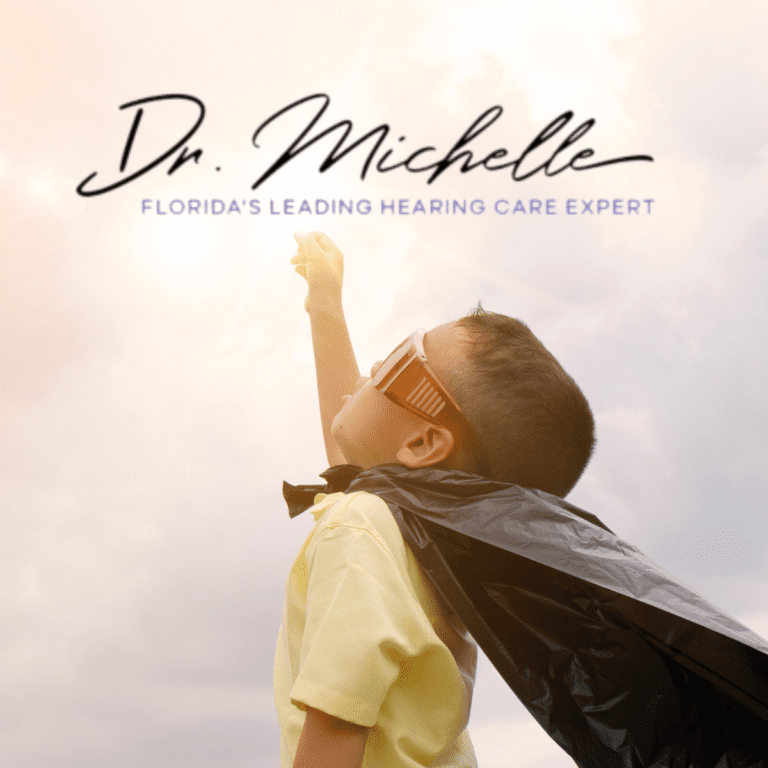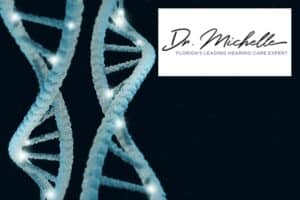When it comes to the well-being and development of children, early intervention is key, especially for those with hearing issues. Pediatric audiology plays a crucial role in identifying and addressing hearing loss in infants and young children. In this blog, we will explore the impact of hearing loss on child development, the importance of early identification and diagnosis, the benefits of early intervention and treatment, the various pediatric audiology services available, and the vital role of pediatric audiologists in a child’s journey.
The Impact of Hearing Loss on Child Development
Children go through various developmental stages that are critical for their growth and learning. During these stages, hearing plays a fundamental role in speech and language development. Hearing loss in children can significantly affect their ability to comprehend and communicate, leading to delays in language acquisition and difficulties in expressing themselves. This can have far-reaching consequences on their educational, social, and emotional development.
Research has shown that children with untreated hearing loss are more likely to experience challenges in developing social skills, forming relationships, and participating in group activities. They may also face higher levels of frustration, anxiety, and even depression. Early identification and intervention can help mitigate these challenges and provide children with the support they need.
Early Identification and Diagnosis of Hearing Loss
Timely identification of hearing loss in children is vital for effective intervention and treatment. Fortunately, newborn hearing screening programs have become increasingly common, allowing for early detection in infants. It is crucial for parents to be aware of the signs and symptoms of hearing loss in young children, such as delayed speech and language milestones, lack of response to sounds, difficulty following instructions, or consistently asking others to repeat themselves.
Pediatric audiologists play a pivotal role in conducting comprehensive evaluations to diagnose hearing loss accurately. They employ a variety of specialized tests to measure a child’s hearing abilities and identify the type and severity of hearing loss. These evaluations are not only important for diagnosing hearing loss but also for determining the most appropriate treatment options and intervention strategies.
Benefits of Early Intervention and Treatment
Early intervention and treatment for hearing loss in children yield numerous benefits that positively impact their overall development. One of the most significant advantages is in language and communication development. By addressing hearing loss early, children have the opportunity to develop age-appropriate speech and language skills, enhancing their ability to interact with others and engage in educational activities.
Cognitive and academic achievements are also closely linked to hearing ability. With the help of hearing aids or cochlear implants, children can actively participate in learning environments, absorb information, and reach their full potential academically. Hearing loss can be isolating, but early intervention helps to minimize the social and emotional impact, enabling children to build relationships, foster self-confidence, and navigate the challenges of their social environment more effectively.
Pediatric Audiology Services and Treatment Options
Pediatric audiology offers a range of services and treatment options tailored to meet the specific needs of individual children. Hearing aids are commonly prescribed and are highly effective in amplifying sounds and improving hearing ability. For children who have profound hearing loss and limited benefit from hearing aids, cochlear implants may be recommended. These electronic devices bypass the damaged parts of the ear and stimulate the auditory nerve directly, providing access to sound perception.
Speech therapy and auditory training are essential components of early intervention for children with hearing loss. These therapies focus on developing speech and language skills, as well as improving listening and auditory processing abilities. Assistive listening devices, such as FM systems, and classroom accommodations, such as preferential seating and captioning, help optimize a child’s learning experience in various settings.
The Role of Pediatric Audiologists in the Child’s Journey
Pediatric audiologists play an integral role in a child’s journey toward better hearing and development. They collaborate closely with parents, educators, and other healthcare professionals to ensure a comprehensive and holistic approach to the child’s care. Pediatric audiologists continually monitor and adjust treatment plans as the child grows, making necessary modifications to meet their evolving needs.
Furthermore, pediatric audiologists provide ongoing support and counseling to families, helping them navigate the emotional aspects of hearing loss and gain a better understanding of their child’s unique challenges. They offer guidance on communication strategies, assistive technology, and community resources, creating an environment of support for both the child and their family.
Early identification and intervention in pediatric audiology are crucial for nurturing the development and well-being of children with hearing loss. By addressing hearing issues as soon as possible, we can provide children with the tools they need to thrive in their educational, social, and emotional lives. If you suspect that your child may have hearing loss, do not hesitate to seek a timely audiological evaluation. Investing in their hearing health early on can have far-reaching positive effects that will set them up for success in the years to come. Remember, their future is worth hearing.
Note: This article contains general information and should not be used for self-diagnosis. If you have concerns about your child’s hearing health, consult with a qualified pediatric audiologist for professional evaluation and advice.



